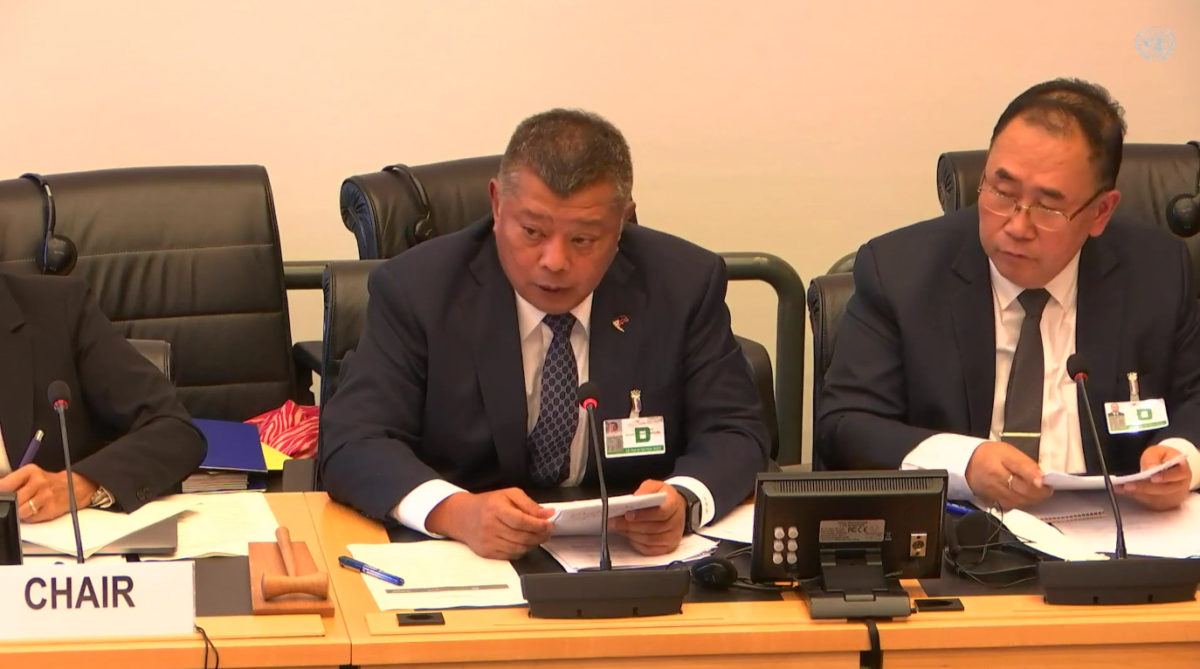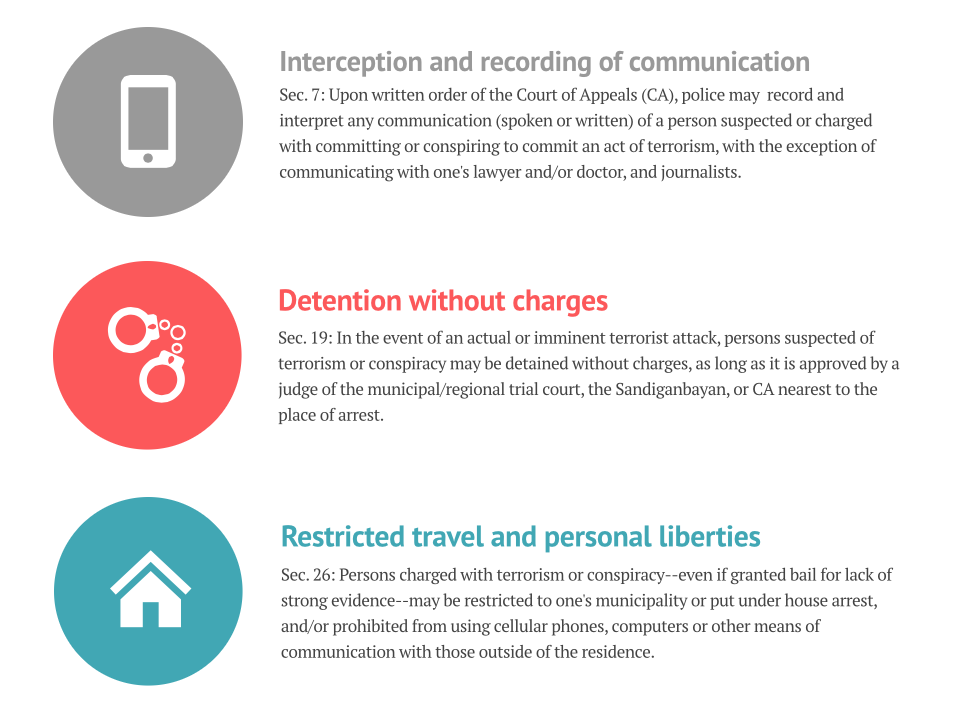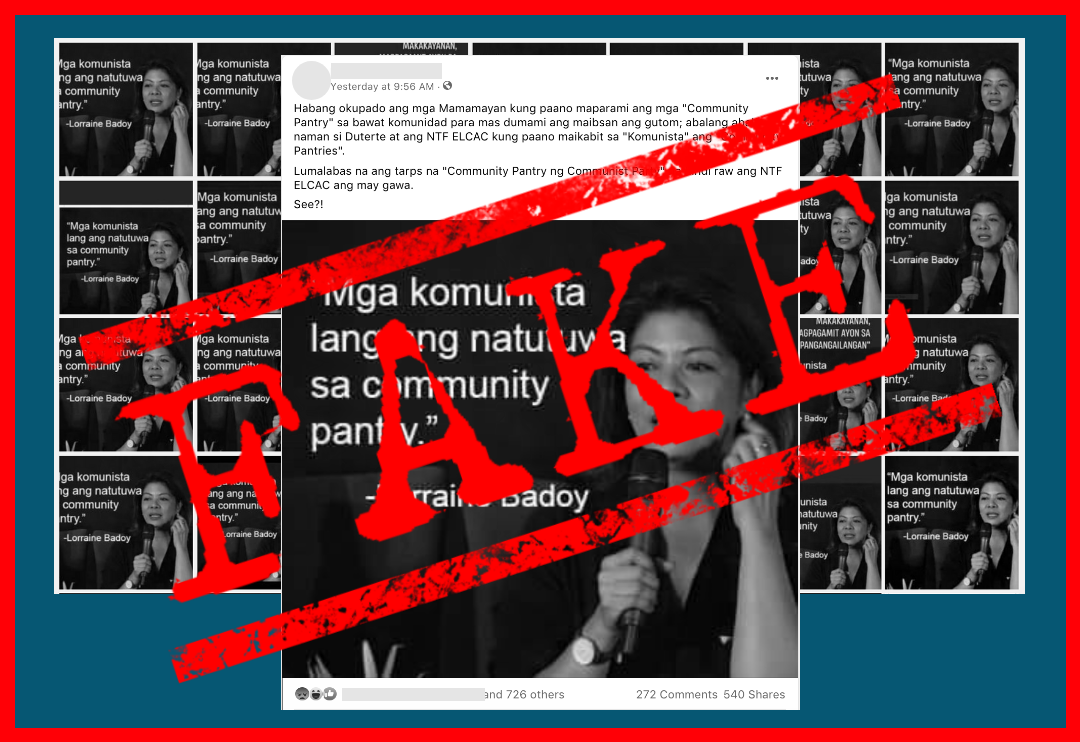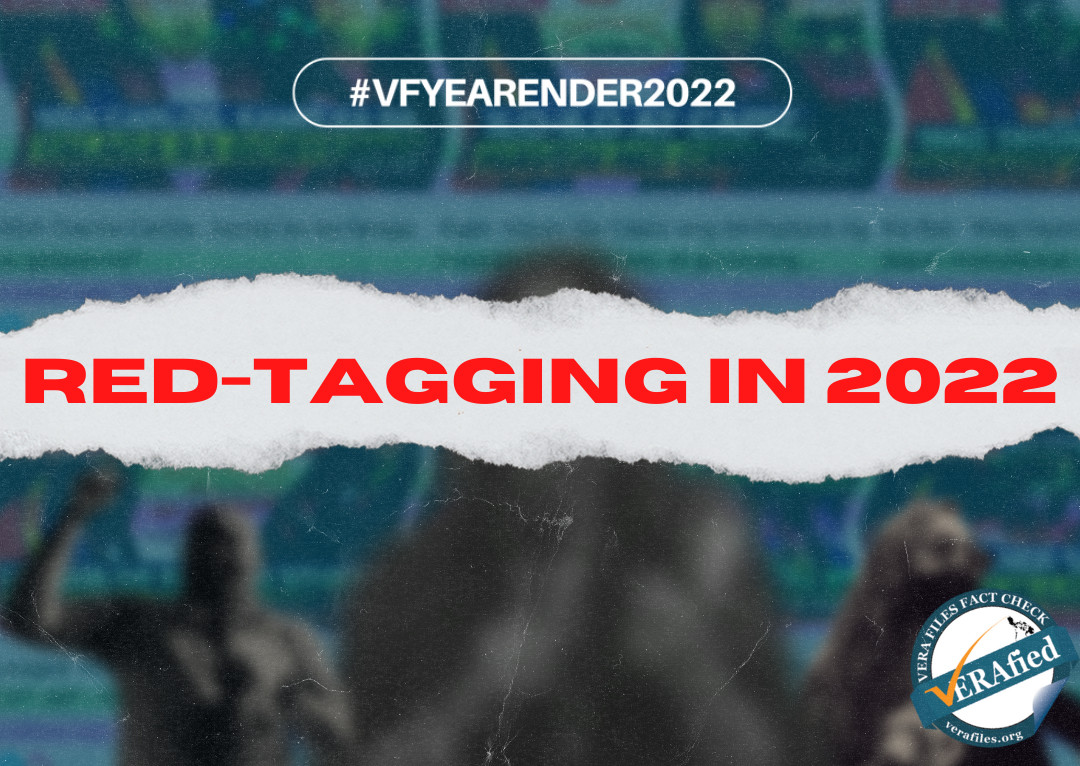During the 136th session of the United Nations Human Rights Committee in Geneva on Oct. 10, Justice Secretary Jesus Crispin “Boying” Remulla justified red-tagging by government of critics who they believe to be sympathetic to the Communist Party of the Philippines-New People’s Army (CPP-NPA).
This is misleading.
STATEMENT
Responding to questions and concerns raised by various speakers during the meeting, Remulla offered his “personal perspective” on red-tagging:
“Red-tagging is the term used when a person belonging to a civil society organization is criticized for the work they’re doing as being related to the persons who commit criminal acts in our country.”
Source: United Nations TV Geneva, 3919th Meeting, 136th Session, Human Rights Committee (CCPR), Oct. 10, 2022, watch from 2:27:35 to 2:27:56
He explained further:
“How is this described? There is a New People’s Army in the Philippines. It has killed thousands of policemen and soldiers throughout its 50-year history. When they have front organizations working with them or helping them, these are criticized by many people in government or by some persons who care about the country. And this is termed red-tagging already.”
Source: watch from 2:27:57 to 2:28:24
FACT
Germany-based non-profit International Peace Observers Network (IPON) defined red-baiting in its 2011 journal article on red-baiting in the Philippines as:
“[T]he act of labelling, branding, naming and accusing individuals and/ or organizations of being left-leaning, subversives, communists or terrorists (used as) a strategy…by State agents, particularly law enforcement agencies and the military, against those perceived to be ‘threats’ or ‘enemies of the State’.”
Supreme Court Associate Justice Marvic Leonen cited IPON’s journal article on red-baiting in his dissenting opinion in Zarate v. Aquino III.
The Merriam-Webster dictionary defines red-tagging or “red-baiting” as the act of harassing or persecuting individuals or organizations “on account of known or suspected communist sympathies.”
The petitioners in the Zarate v. Aquino III case requested a writ of amparo and writ of habeas data from the Supreme Court to protect the petitioners’ right to live, liberty and security after the military tagged them as “communist front organizations.”
These writs or court orders are legal remedies available to anyone whose right to life, liberty and security is threatened by a public official or employee, or a private individual or entity.
Although the Supreme Court denied the petition, Leonen wrote that government agents resort to red-tagging to make it easier to “silence or cause untold human rights abuses on vocal dissenters.”
IPON’s journal article also discussed how red-baiting is used in the Philippines, saying that the practice is dangerous as it could lead to warrantless arrests, enforced disappearances, and even extrajudicial killings. (See VERA FILES FACT SHEET: Why ‘red-tagging’ is dangerous)
In 2018, the Justice department petitioned the court to declare the CPP-NPA as a terrorist organization under the Human Security Act of 2007. Last Sept. 21, the Manila Regional Trial Court denied this, saying that the attacks on civilians cited in the petition such as the 1971 Plaza Miranda bombing were acts of rebellion, not terrorism.
Have you seen any dubious claims, photos, memes, or online posts that you want us to verify? Fill out this reader request form.
Sources
United Nations TV Geneva, 3919th Meeting, 136th Session, Human Rights Committee (CCPR), Oct. 10, 2022
International Peace Observers Network (IPON), Red-Baiting: Civil Society under general suspicion, Nov. 2, 2011
Merriam-Webster Dictionary, Red-baiting Definition & Meaning, Accessed on Oct. 12, 2022
Supreme Court E-Library, G. R. No. 220028, Nov. 10, 2015
Supreme Court of the Philippines, The Rule on the Writ of Amparo, Sept. 25, 2007
Manila Regional Trial Court, Civil Case No. R-MNL-18-00925-CV, Sept. 21, 2022
(Guided by the code of principles of the International Fact-Checking Network at Poynter, VERA Files tracks the false claims, flip-flops, misleading statements of public officials and figures, and debunks them with factual evidence. Find out more about this initiative and our methodology.)





